WASHINGTON, D.C. — Marking the National Day of Prayer at the White House, President Donald Trump pledged to uphold the nation’s religious foundations and protect the rights of people of faith.
In a ceremony attended by faith leaders and administration officials, Trump said, “America will always be one nation under God,” and criticized what he described as four years of persecution against religious communities under the previous administration.
As part of the event, Trump signed a new Executive Order creating a Presidential Commission on Religious Liberty, a body he says will protect and promote faith-based freedoms across the United States.
Dan Patrick to Chair Religious Liberty Commission
The newly formed commission will be led by Texas Lieutenant Governor Dan Patrick, who Trump credited with originating the idea. The president praised Patrick as a “man of deep conviction and courage” and said the commission would help ensure that “faith has a permanent place in American life and policy.”
Key Members of the Religious Liberty Commission
Trump announced a diverse slate of religious leaders, legal advocates, and former officials who will serve alongside Patrick on the commission, including:
- Ben Carson – Former HUD Secretary under Trump
- Pastor Paula White – Head of the White House Faith Office
- Dr. Phil McGraw – Television host and author
- Rabbi Meir Soloveichik – Noted Orthodox Jewish leader
- Pam Bondi – Former Florida Attorney General
- Cardinal Timothy Dolan – Archbishop of New York
- Bishop Robert Barron – Diocese of Winona-Rochester
- Kelly Shackelford – CEO of First Liberty Institute
- Scott Turner – Current HUD Secretary under Trump’s second administration
Together, the members represent a wide spectrum of Christian and Jewish faith leaders, as well as legal and political figures known for their work on faith and constitutional issues.
The Executive Order: What It Does
The Executive Order outlines the commission’s goals, including:
- Advising the president on policy decisions affecting religious groups
- Reviewing federal laws and regulations that may impact religious freedom
- Promoting faith-based initiatives in education, healthcare, and community outreach
- Providing support to Americans facing religious discrimination at work or school
According to Trump, the commission will operate out of the White House Office of Faith and Opportunity, and its findings will help shape national policy on religious liberty moving forward.
Trump’s Message to Faith Communities
During the event, Trump directly addressed religious Americans, saying, “The government is not your enemy. Under this administration, it will be your defender.” He also promised that places of worship would be protected, faith-based organizations would have equal access to funding, and children would not be penalized in schools for expressing religious beliefs.
Political and Social Context
Trump’s move comes as religious liberty continues to be a central theme in his second administration. The president and his allies have accused the prior administration of marginalizing faith-based voices, especially in areas like healthcare, education, and social policy.
The announcement was well received by conservative and evangelical groups, while some civil liberties organizations raised concerns that the commission could blur the line between church and state.

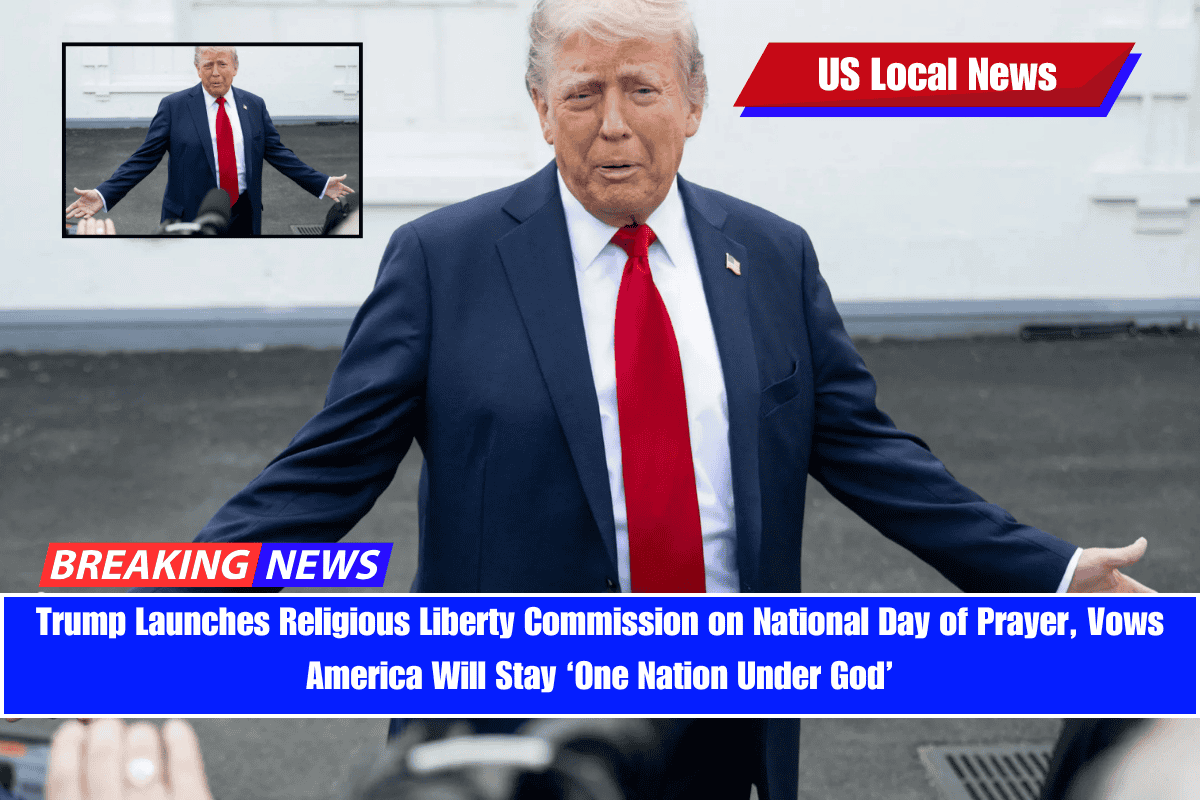
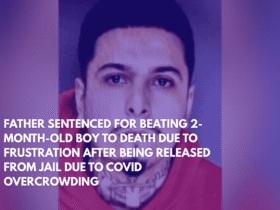

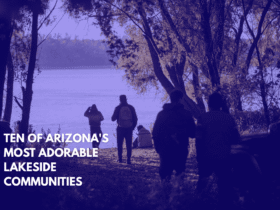


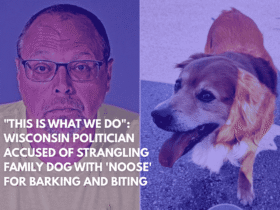
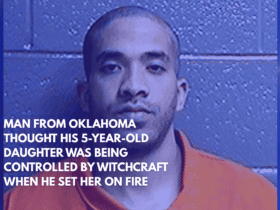

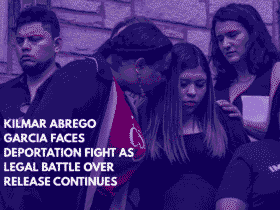
Leave a Reply